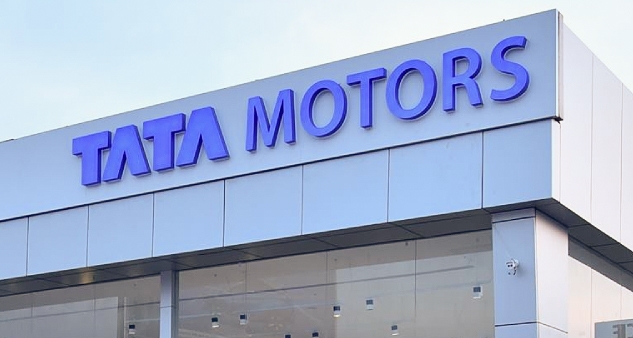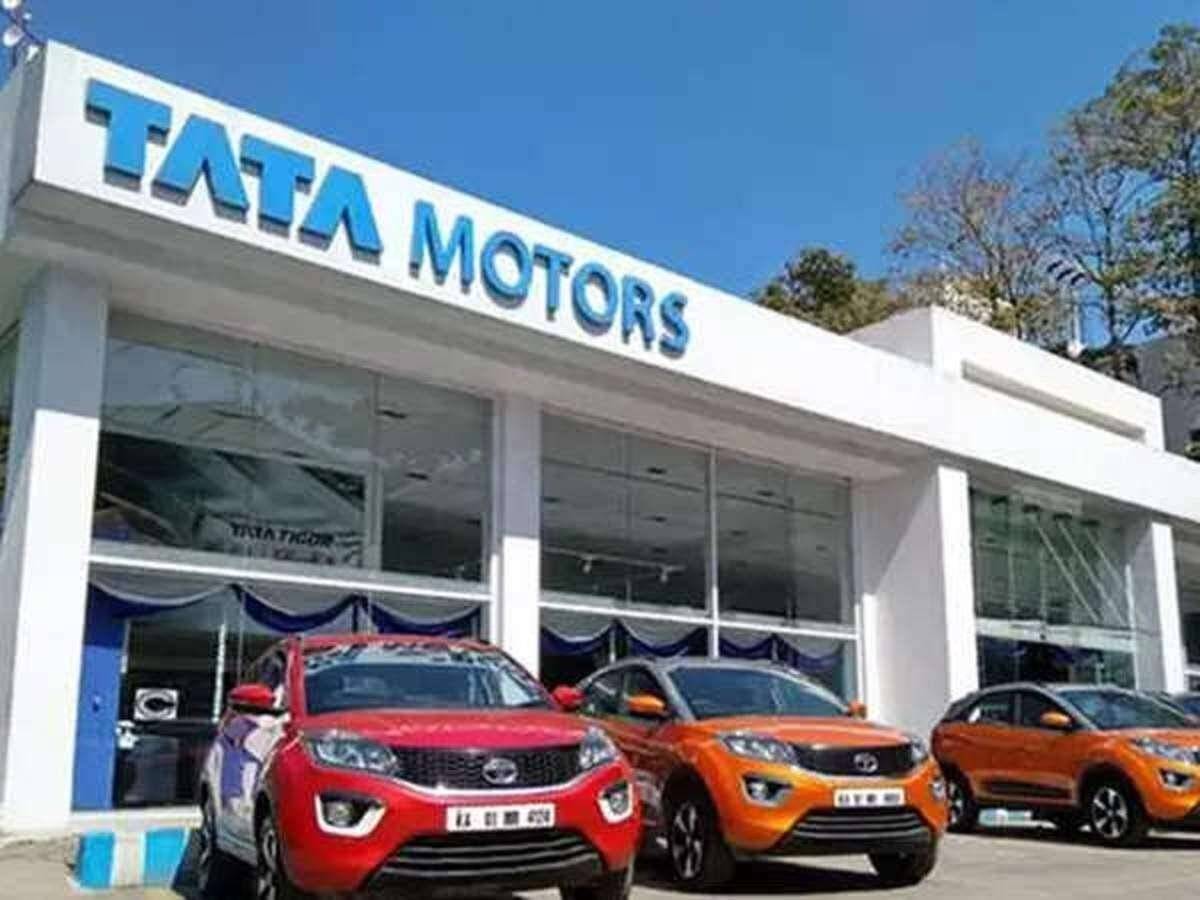According to Tata Motors the transaction to be completed by October 27 or such other date as may be mutually extended by the parties….reports Asian Lite News
Automobile major Tata Motors Ltd on Friday said it will sell its 9 per cent stake in Tata Technologies Ltd to TPG Rise Climate for Rs.1,467 crore
It also said it will sell 0.9 per cent stake in Tata Technologies to Ratan Tata Endowment Foundation for Rs 146.7 crore.
In sum, Tata Motors will be raking in Rs.1,613.7 crore from these two transactions with its subsidiary Rs 4,414.18 crore turnover Tata Technologies’ equity valued at Rs.16,300 crore.
In a regulatory filing, Tata Motors said that share purchase agreements with TPG Rise Climate and Ratan Tata Endowment Foundation have been inked.
According to Tata Motors the transaction to be completed by October 27 or such other date as may be mutually extended by the parties.
Tata Technologies is a global engineering services company offering product development and digital solutions to global original equipment manufacturers. The company has deep domain expertise in the automotive industry and leverages this expertise to serve clients in adjacent industries, such as in aerospace, transportation, and construction heavy machinery.
TPG Rise Climate is the dedicated climate investing arm of TPG’s $18 billion global impact investing platform. The fund focuses on five climate sub-sectors: energy transition, green mobility, sustainable fuels, sustainable molecules, and carbon solutions.
TPG Rise Climate had earlier invested $1 billion in Tata Passenger Electric Mobility Ltd and is a strategic partner in Tata Motor’s journey to create a market-shaping electric passenger mobility business in India.



